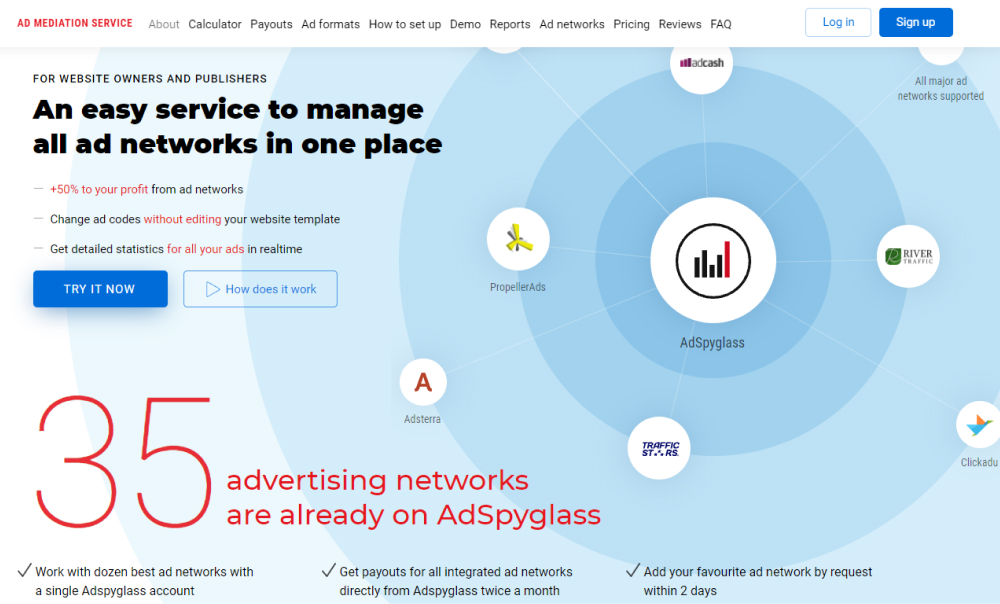Google Hummingbird is the search platform that Google introduced in 2013, which focuses on the meaning behind each word. Unlike previous updates before it, Hummingbird was an overhaul of the search engine algorithm. Hummingbird pays attention to every word used in a query and considers the whole sentence rather than matching some phrases in the query to a few pages, which was the norm. This makes Hummingbird more precise than previous updates.
For instance, if a user searches for “pay bills through a trust bank,” they would have been shown the bank’s homepage before the update. After the Hummingbird update, they’ll be directed to the bank’s page for paying bills.
With the Hummingbird update, Google applied the meaning technology, like Knowledge Graph, which powered previous advancements and used it on billions of online pages.
How Does the Hummingbird Update Affect SEO?
The Hummingbird had its impact on SEO, and the most significant effect is the reduced focus on keywords. With this update, the keywords used in content no longer have to match the ones used in a query before your content ranks.
This doesn’t mean that keywords are now obsolete. It only represents a shift in importance. Now contents will not be written to match particular keywords. Instead, they will be created to address specific topics.
